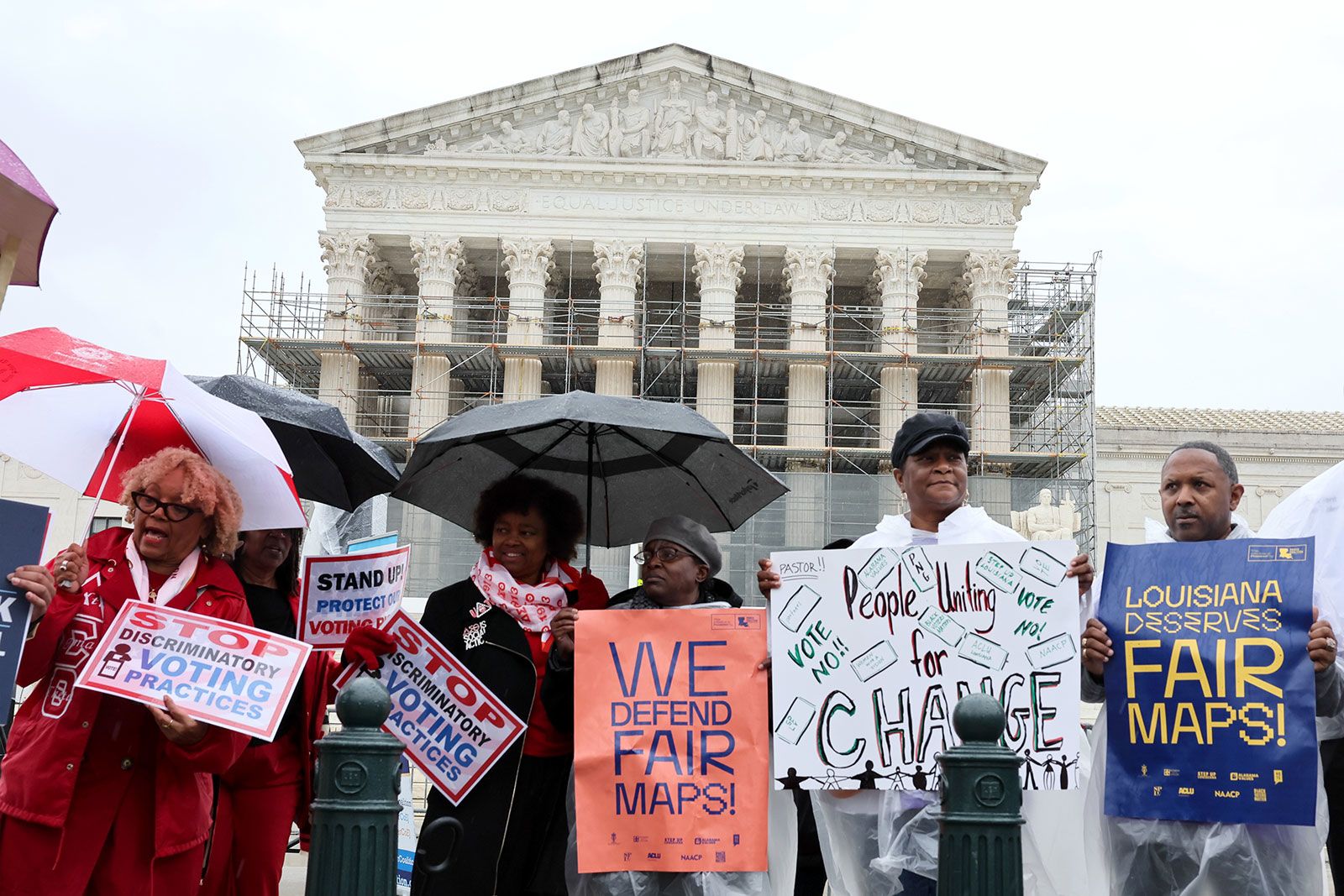The U.S. Supreme Court is set to hear arguments this Wednesday in a high-stakes case that could dramatically impact the Voting Rights Act and minority representation in Congress and state legislatures nationwide.
At the heart of the dispute is whether states can draw congressional districts to correct racial disparities that often disadvantage Black voters. This process, which creates majority-minority districts, has long been a tool to ensure fair representation. Critics, however, argue that factoring race into redistricting may violate the Constitution.
The case focuses on Louisiana’s congressional map following the 2020 census. African Americans make up roughly one-third of the state’s population, but only one of the six congressional districts was initially represented by a Black member of Congress. A federal court ruled in 2022 that the map likely violated the Voting Rights Act.
In response, Louisiana created a second majority-Black district. That move triggered another lawsuit from White voters, who claimed the state’s use of race in redistricting violated the Equal Protection Clause. A lower court sided with the plaintiffs, and the state is now appealing to the Supreme Court.
Louisiana argues it was placed in an impossible position: required to comply with the Voting Rights Act while simultaneously being accused of unconstitutional race-based redistricting. The state now contends that race should play no role in drawing congressional districts and that it should never have been mandated to create a second majority-Black district.
A decision in favor of Louisiana could eliminate one of the most tangible protections Black voters have against discriminatory maps: court-ordered creation of majority-minority districts.
This case is not entirely new to the Court. Just a few months ago, the Supreme Court heard arguments in a previous round and, unusually, decided to hold the case for a second set of hearings in June.
The outcome could reshape how states nationwide draw districts, with far-reaching consequences for minority representation and the future of the Voting Rights Act.

